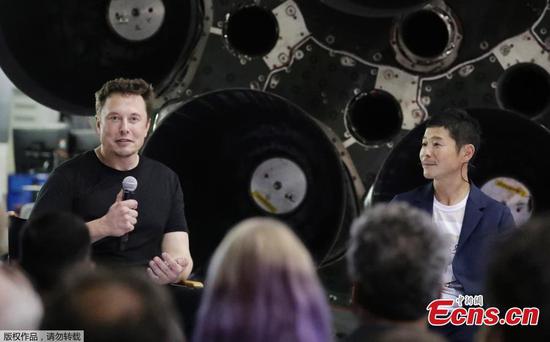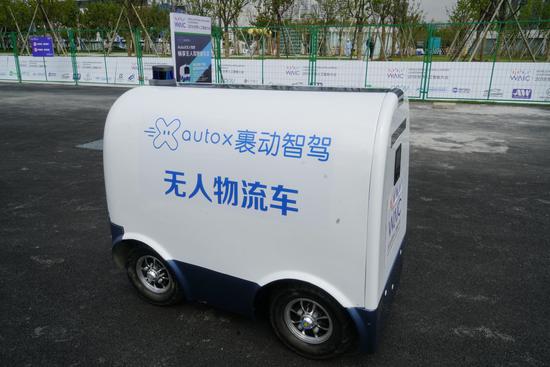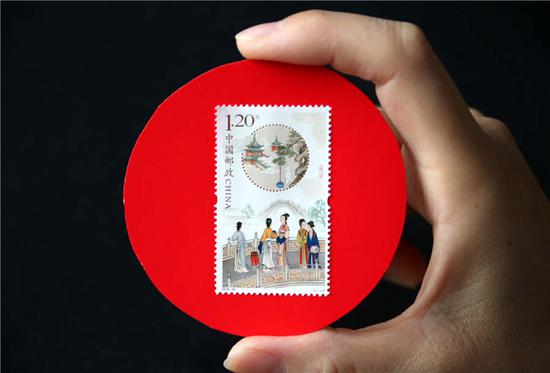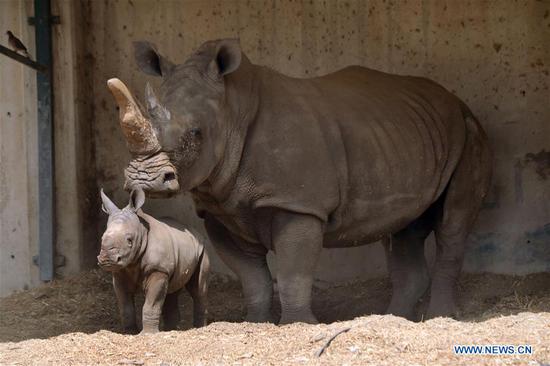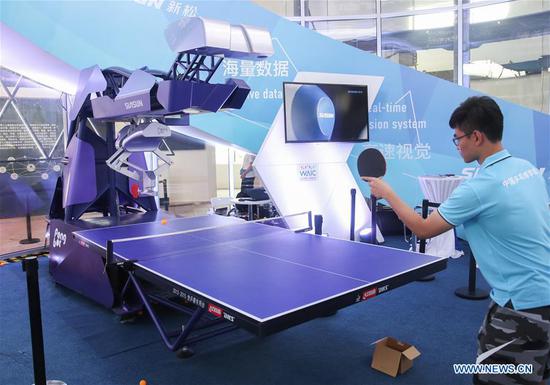Most expectant mothers discover potential problems with the fetus through screenings, whose accuracy ranges from 80 to 99 percent, according to Zhu Haiyan, director of the Prenatal Diagnostic Center at the PLA Navy General Hospital in Beijing.
In the United States, noninvasive prenatal testing, or NIPT, is usually conducted after the 10th week of pregnancy.
In China, however, guidelines issued by the National Health Commission recommend conducting the test between the 12th and 20th weeks to guarantee the blood samples contain an adequate amount of DNA, she said.
Yu Jun, former deputy head of the Beijing Institute of Genomics at the Chinese Academy of Sciences, said NIPT is not only used to detect chromosomal anomalies but can also recognize the DNA signatures of thousands of genetic illnesses.
Deafness and Down syndrome, the two most common chromosomal disorders among Chinese newborns, are screened via genetic testing.
"The higher the number of genetic signatures screened, the higher the cost of the test. However, new technologies and technical advances should lower costs in the future," he said.
"Several hundred genetic tests are in use, and more are being developed. Future tests will look for mutations related to disease risks beyond rare genetic disorders-that is, common illnesses such as cancers, cardiovascular disease, diabetes and neurodegenerative diseases."
In the past decade, gene technology has advanced rapidly in China, with many companies developing genesequencing equipment and a number of larger outfits building their own gene banks.
Berry Genomics began offering genomic sequencing services for genetic diseases in 2010.
The company has also been building a gene data pool since 2015, and now has the details of more than 1 million people in China, according to CEO Zhou Daixing.
Under strict privacy protection, the data is only used for scientific studies and clinical research.
"As precision medicine has been promoted globally in recent years, gene testing will play a key role in both the development of new drugs and the formulation of personalized medical treatment plans," he said.
He added that the frequency of genetic mutation varies among different racial groups, and some Western countries that have studied their genetic composition for decades already have national databases.
"Building our own Chinese gene bank would be helpful," Zhou said.
Based on current data analysis, he said that the company has already discovered the frequency of a number of genetic mutations prevalent in different parts of the country.
"If future healthcare policies, such as screening plans, can be devised according to those differences, we could reduce the healthcare budget, and significantly improve the efficiency of screening," he said.




































